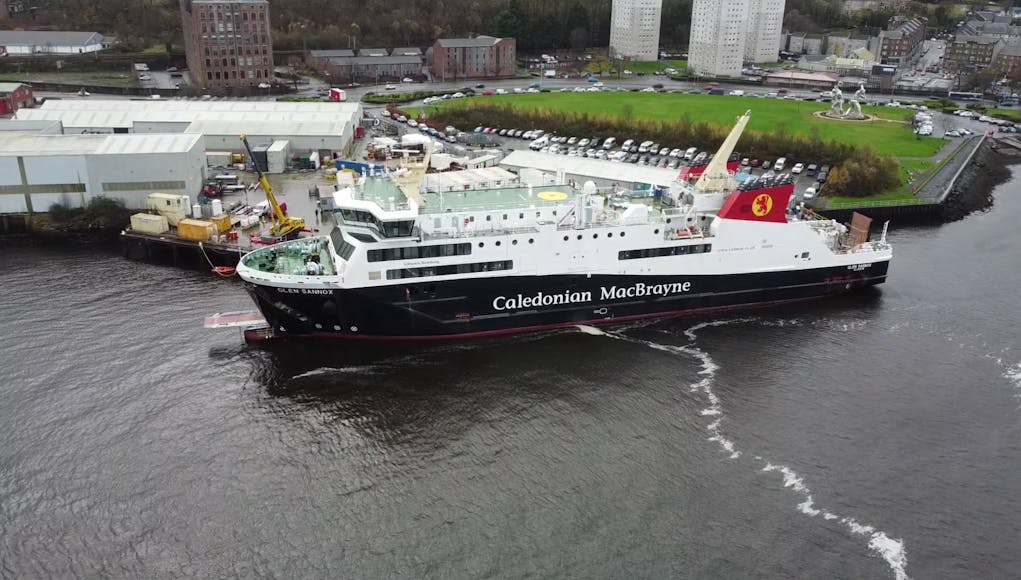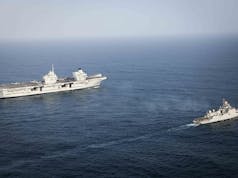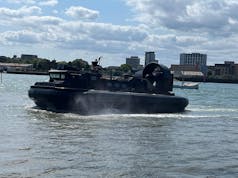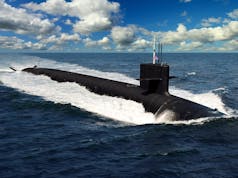The delivery of ferry Glen Sannox has encountered another setback, with the handover now postponed until mid-August.
Initially expected by the end of July, the new delivery date is set for the week commencing August 19, owing to persistent issues with the liquefied natural gas (LNG) fuel system.
John Petticrew, interim chief executive officer of Ferguson Marine, broke the news to Holyrood’s Net Zero, Energy and Transport Committee, highlighting significant challenges with the LNG system that have disrupted progress in other areas, particularly the engine compartments.
Deputy First Minister Kate Forbes addressed the delay during a recent Scottish Parliament session, expressing disappointment but reassured that the ferry will be delivered this summer. She remarked, “We remain committed to the project timeline despite these setbacks.”
Petticrew assured that efforts are being made to prevent further delays, stating, “We are working with CalMac and CMAL (Caledonian Maritime Assets Limited) at the highest level to ensure there will be no further delays.” He also confirmed that the delay would not impact the vessel’s cost, projected to remain between £145.5 million and £149.1 million.
In a parliamentary exchange, West Scotland MSP Jamie Greene criticised the recurring breakdowns in trust and their impact on island communities. He pressed Forbes for clarity on whether the MV Glen Sannox would be delivered by the end of July. Forbes responded with the latest update from Petticrew, confirming the new August timeline.
Both Glen Sannox and its sister ship, Glen Rosa, are designed to operate on both traditional marine gas oil and LNG. The ongoing difficulties with the LNG system have delayed the project, which is already six years behind schedule and significantly over budget.
Katy Clark MSP raised concerns about the urgent need for investment in Ferguson Marine. Forbes acknowledged these concerns and reiterated the government’s commitment to resolving the issues and ensuring the completion of the vessels.
Despite these challenges, the Scottish Government continues to stress the importance of completing the vessels to support island communities and the tourism economy. The situation remains under close scrutiny as efforts intensify to meet the new delivery date.
Stuart McMillan, SNP MSP for Greenock and Inverclyde, spoke of the crucial role of Ferguson Marine in providing jobs and apprenticeships in an area of high deprivation. Forbes highlighted that 288 staff are currently employed at the shipyard, with 72 apprentices hired since it became publicly owned.
Looking ahead, Forbes underscored the Government’s dedication to supporting the shipyard and its workers. She noted, “We recognise the significant impact on Arran residents, communities, and businesses. Our commitment to this project remains steadfast, and we will continue to support Ferguson Marine to deliver these vessels as soon as possible.”
Amidst the challenges, there is optimism that with continued efforts and commitment from all stakeholders, the Glen Sannox and Glen Rosa will soon be completed, providing much-needed relief and support to Scotland’s island communities.
Why is this being published in the UK Defence Journal?
Some might be asking, why is a defence news website updating readers about ferries? The UK Defence Journal is committed to providing comprehensive coverage of naval shipbuilding and the broader maritime defence industry.
This includes a dedicated focus on civilian shipbuilding activities, a sector that significantly influences and supports the naval defence landscape. The integration of civilian shipbuilding coverage reflects our understanding of the sector’s strategic importance, where advancements and capacities within civilian yards often directly contribute to the capabilities and flexibility of naval defence projects.
Furthermore, the health of these shipyards is of national strategic interest, underpinning the UK’s ability to sustain a dual-capable maritime industry that serves both commercial and defence purposes.
We aim to deliver accurate and timely news on defence matters at the UK Defence Journal. We rely on the support of readers like you to maintain our independence and high-quality journalism. Please consider making a one-off donation to help us continue our work. Click here to donate. Thank you for your support!
To sign up for our newsletter, click here














It does seem to be a jinxed project but like a few more that come to mind, once it is in service, the past is history.
This thing will probably steam out straight into its lifex refit.
I suspect the main issue is all about the requirements to use “multi-fuels”.
it is one thing switching from Diesel to Avtur, but going from “marine oil” to LNG was always going to cause issues. For those of a certain age, they also know that the Achilles heal for Chieftan MBT’s was the fact the L60 Engine was developed to be multi-fuel, which had a serious impact on its reliability.
should of either gone LNG or Diesel, but not both.